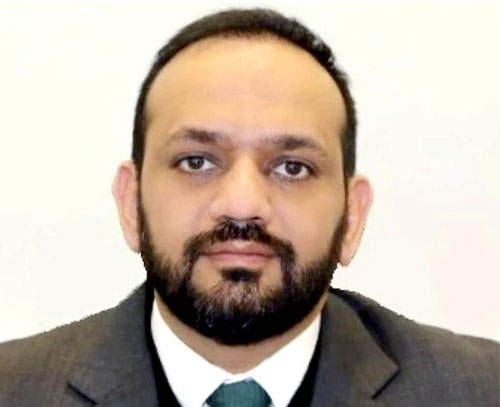Six months after Afghanistan fell to the Taliban, resulting in mass exodus of Afghans, The Post reports that the country’s former finance minister is driving an Uber in Washington DC. Khalid Payenda (40) resigned as finance minister a week before the Taliban seized Kabul after his relationship with Ashraf Ghani, former Afghan President, deteriorated.
Speaking about his daily earnings, Payenda told the Washington Post that one night earlier this week, he made “a little over $150 for six hours’ work, not counting his commute a mediocre night”. In Afghanistan, he once oversaw a US-supported $6bn budget.
After coming to the US, Payenda was reunited with his family. The Washington Post quoted Payenda telling one passenger his move from Kabul to Washington had been “quite an adjustment”.
He said he was grateful for the opportunity to be able to support his family but, “right now, I don’t have any place. I don’t belong here and I don’t belong there. It’s a very empty feeling.”
Payenda is also working as an adjunct professor at the Walsh School of Foreign Service, Georgetown University.
Afghanistan currently faces a humanitarian and economic crisis. Its assets were frozen and cut off from international aid that would require recognition of the Taliban government which replaced the US-supported regime.
Payenda’s said, “I saw a lot of ugliness, and we failed,” he said. “I was part of the failure. It’s difficult when you look at the misery of the people and you feel responsible.”
Payenda said the US betrayed its commitment to democracy and human rights after making Afghanistan a centrepiece of post-9/11 policy. “Maybe there were good intentions initially but the United States probably didn’t mean this,” Payenda said.
In a text message to a World Bank official in Kabul on the day the capital fell, Payenda said, “We had 20 years and the whole world’s support to build a system that would work for the people.”
“All we built was a house of cards that came down crashing this fast. A house of cards built on the foundation of corruption.”—Agencies










